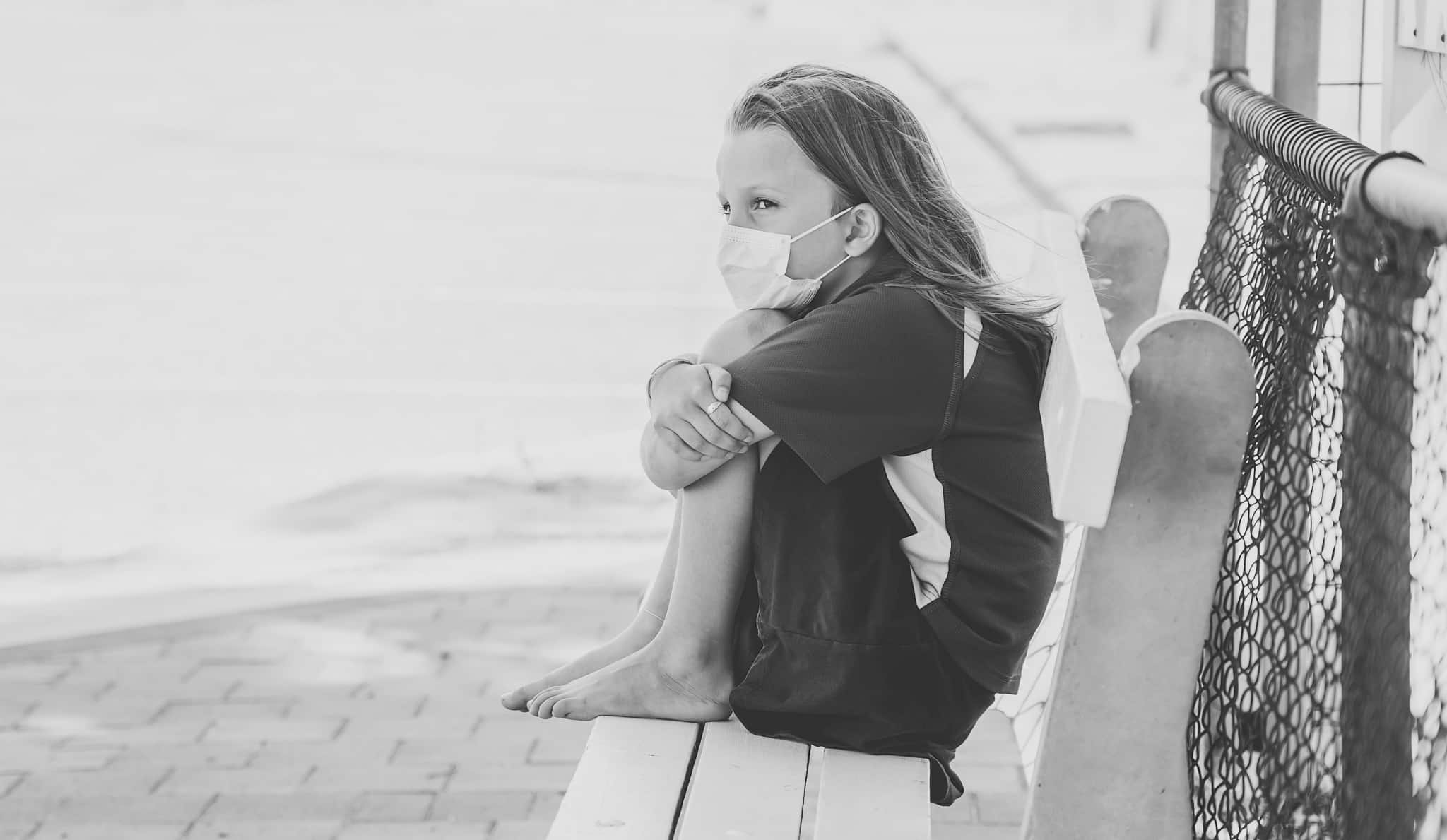As more students return to the classroom after a year of remote learning, we must consider the impact of both the pandemic and civil unrest. These events have forever changed our students and educators. The education system has been altered dramatically, yet I hear a rallying cry for normalcy. But we must stop and consider whether “normal” work for our students, families, and communities. Let’s discuss social emotional learning and SEL Helping Students’ Re-Center’ as They Re-Enter School Buildings.
The greatest tragedy that could happen is that we will rush back to business as usual and not make the most of this unique moment in history to change what needs to be changed – re-centering education on the needs of the whole child.
What does it mean to re-center education? It means putting students first, not testing. This spring, the call for standardized tests will only be helpful if the data is used prescriptively. Can we commit to using results to guide teachers, principals, and district leaders in meeting our student’s academic needs and allocating human and financial resources to the children who need the most support? Can the data be used formatively rather than punitively, offering professional development and tutoring services rather than calculating future prison beds?
Even before we consider these tests, we must consider the basic needs of students and their families. Do they have enough food to eat? Do they have clean clothes to wear? Do they have a place to live? Providing a community-based response to these basic needs will assure students and their families that they are valued – that they belong. And if we are to see students return to the classroom after the prolonged absence, they and their families will need to be assured that they are wanted and provided for. For far too long, the education system has smacked of an authoritarianism that judges and alienates rather than a servant leadership that tends and nurtures. The truth is that if a child is worried about their basic needs or the basic needs of their household, they will not be able to learn.
Once food, clothes, and shelter are provided, we must focus on our children’s social-emotional needs. Student suicide has increased due to isolation, and even students returning to school are challenged with integrating back into crowded buildings. I read a story last week about a boy who refused to eat lunch at school because he didn’t want to remove his mask for fear of catching the virus. His response may seem extreme, but what was driving that behavior? Did a loved one pass away from COVID? We must return to the basics and teach students how to be part of a community of caring people while maintaining appropriate safety protocols.
Here are some suggestions for re-centering:
- Make space for students to process their experiences from this past year – Invite students to share through stories and the arts, such as dance, drawing, painting, video, and more.
- Focus on teaching students, not the material – Teach for understanding and growth, not to teach to the test.
- Welcome families – Offer food through a food pantry. Provide wi-fi and computer access in an extra classroom so family members can search and apply for jobs.
Above all, be patient. Recovery takes time.
Read more Articles on Social Emotional Learning





